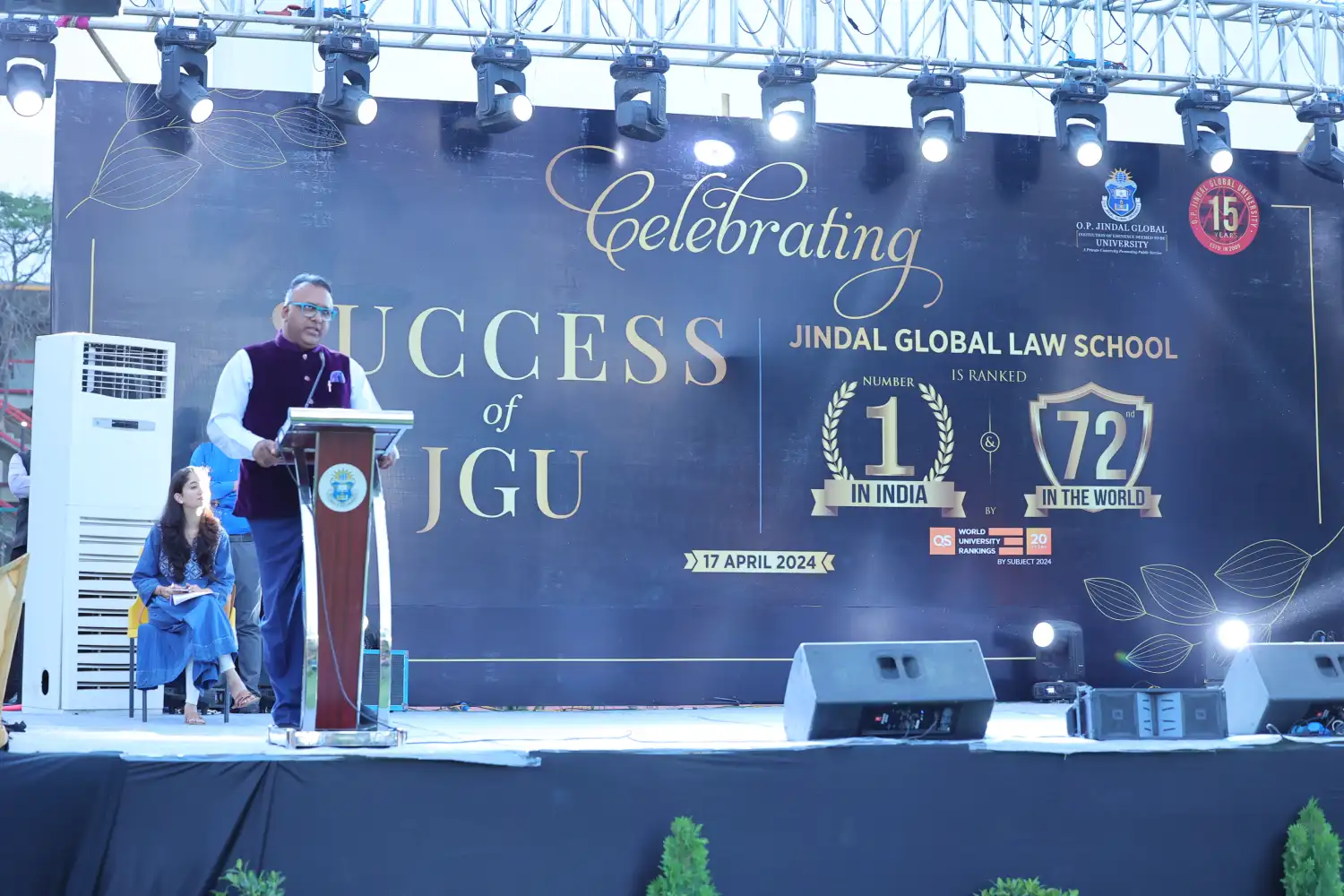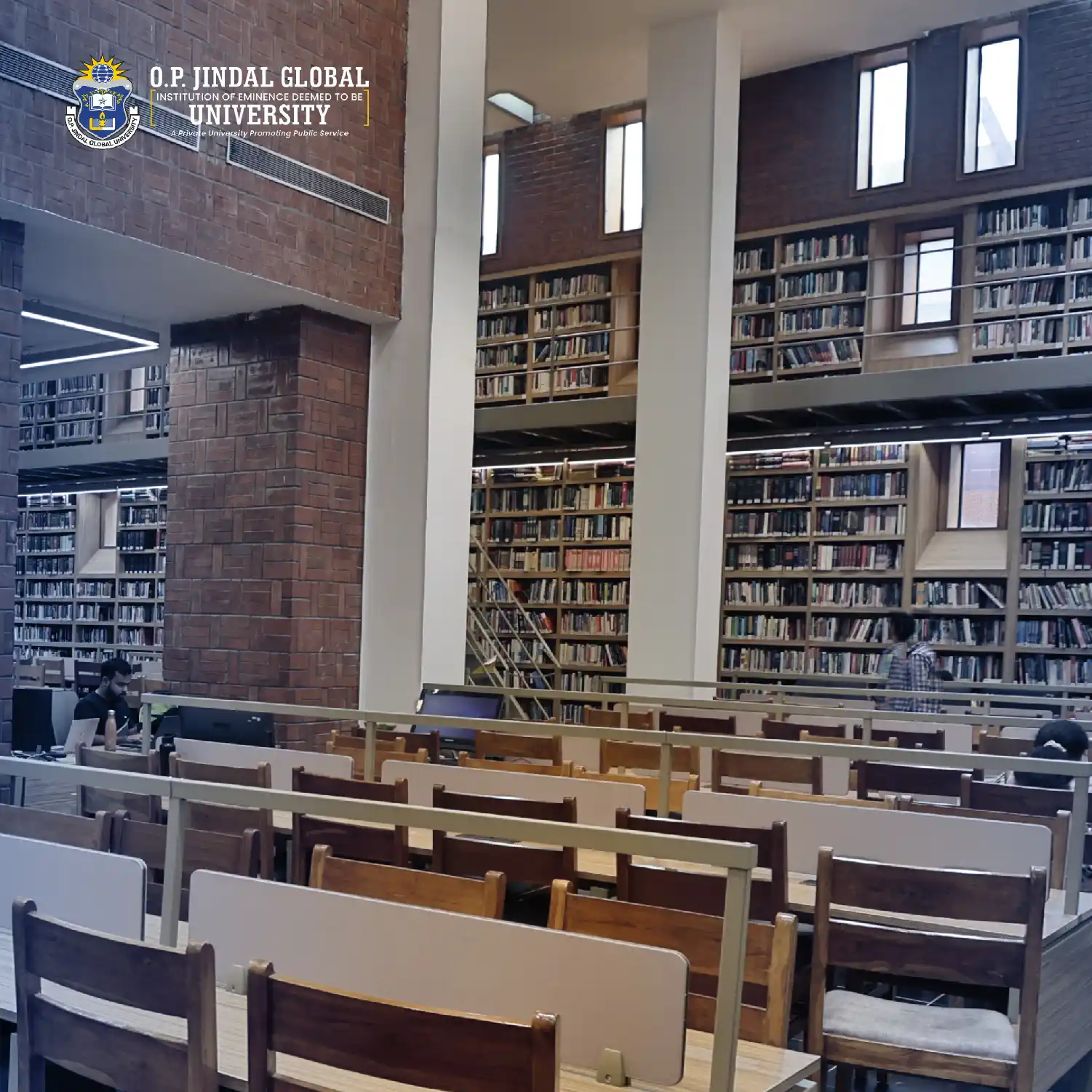INTRODUCTION The Bar Council of India has revised the structure of legal training by expanding how drafting is taught in undergraduate law programmes. On 13 December 2025, the Council formally notified the inclusion of Legislative Drafting and Plain Language Drafting within Paper 21, Drafting, Pleading and Conveyance, under Schedule II, Part II(B) of the Rules of Legal Education, 2008. This decision reflects a growing institutional awareness that legal education must prepare students for the work of creating law, not only interpreting it. For law students across India, including those studying at leading LLB colleges in Delhi, the reform reshapes what professional readiness now means. Why Did The Bar Council Of India Consider A Curriculum Change? The reform followed sustained dialogue between the Bar Council of India, the Legislative Department, the Ministry of Law and Justice, and legal academics. During an interactive consultation on 24 October 2025, participants emphasized that law graduates often enter practice without exposure to how statutes and delegated legislation are drafted. This concern was raised again on 30 October 2025, where educators highlighted the growing gap between legal education and the demands of public law, regulatory work, and policy design. By early December 2025, a shared position had formed. The Council acknowledged that lawyers increasingly work in roles where drafting determines how rights and duties operate in practice. Teaching students to read law without teaching them how to write it was no longer defensible. The reform responds to this institutional responsibility. What Does The Inclusion Of Legislative …
Categories
Table of Contents Serial No. Main Heads 1 Introduction 2 Substantive Obligations of the BBNJ Agreement 3 The Role of Simplicity in Legal Design 4 Equity in Resource Access and Benefit Sharing 5 Safeguarding Global Credibility through Implementation 6 Institutional Architecture for Effective Governance 7 The Relevance of Legal Education and the Best Law Universities in the World 8 Comparative Benchmarks from International Precedents 9 Conclusion Introduction India’s engagement with the conservation and sustainable use of the ocean commons has entered a decisive phase with its signing of the Agreement under the United Nations Convention on the Law of the Sea on the Conservation and Sustainable Use of Marine Biological Diversity of Areas beyond National Jurisdiction (BBNJ Agreement). Rooted in the framework of the 1982 United Nations Convention on the Law of the Sea (UNCLOS), the BBNJ Agreement addresses the governance gap relating to marine biodiversity in areas beyond national jurisdiction. As explained by the United Nations, the treaty extends to nearly two-thirds of the global ocean surface and provides a legal framework for the conservation and sustainable use of marine biodiversity in areas beyond national jurisdiction. India’s present task is to draft comprehensive domestic legislation. Such a law must embody simplicity in form, equity in outcomes, and credibility in global perception, principles emphasised by the Indian Council of World Affairs (ICWA). In doing so, it will contribute not only to environmental stewardship but also to the consolidation of India’s status in the architecture of international law. The BBNJ Agreement …
Introduction As per the National Judicial Data Grid, a total of 3,54,70,614 criminal cases are currently pending. India’s criminal justice space has historically struggled with colonial legacies, procedural inefficiencies, and outdated definitions of crime. However, on 1st July 2024, a new chapter began with the enforcement of three pivotal criminal laws: the Bharatiya Nyaya Sanhita (BNS) 2023, Bharatiya Nagarik Suraksha Sanhita (BNSS) 2023, and Bharatiya Sakshya Adhiniyam (BSA) 2023. Replacing the Indian Penal Code (1860), the Criminal Procedure Code (1973), and the Indian Evidence Act (1872), these laws aim to modernise a justice system that had long ceased to reflect contemporary social realities. This shift marks a significant moment for anyone pursuing an LLM in Criminal Law. One year since their implementation, these laws are already reshaping the foundational structure of legal practice, investigation, and judicial processes across India. For law students, especially those pursuing an LLM in criminal law, understanding these changes is crucial as well as indispensable. Table of Contents SL. No. Topics Covered 1 Introduction 2 What Legal Shifts Define the BNS, BNSS, and BSA? 3 How Did Colonial Roots Shape the Need for Reform? 4 What New Crimes and Definitions Have Been Introduced? 5 Can Technology Deliver Justice More Efficiently? 6 How Do These Laws Empower Victims? 7 What Are the Systemic Challenges in Implementation? 8 What Are the Early Outcomes and Reactions? 9 What Lies Ahead for Legal Scholars and Practitioners? 10 Conclusion: Will the Promise of Justice Be Fulfilled? What Legal Shifts Define the …
Introduction Corporate houses, business organisations, and governmental firms engaged in commerce and trade with one another require a certain level of governance to ensure fair trading. The best colleges for BCom LLB Hons helps you understand the relation between law and commerce and how it is essential for harmonious growth. There have been multiple laws and regulations created and imposed on all parties involved in trading and commerce-related ventures. This is to safeguard the practice of trade, protect customers, and establish legal ground for a company or business entity to operate successfully. The question of the role of law in terms of business practices has garnered much criticism, especially in today’s time, where the business practices have mostly been intended towards economic growth instead of social development, which ideally they should have been. The best colleges for BCom LLB Hons in India try to instill the fundamental value of practising business with law with an ethical and moral outlook, abiding by the laws that govern commercial matters. Table Of Contents 1. Introduction 2. What Is The B.Com LLB Hons All About? 3. How to Balance Law and Commerce Subjects in an Integrated Course? 4. What Is The Admission Process For The B.Com LLB Hons Programme At JGLS? 5. What To Expect From The B.Com LLB Hons Course & Degree? 6. How Jindal Global Law School Meets The International Standards With Its Interdisciplinary Programmes? 7. Source Links What Is The B.Com LLB Hons All About? The course name, BCom LLB Hons, …
Introduction Artificial Intelligence (AI) has rapidly transformed various sectors across the globe, and the legal system is no exception. While the application of AI in legal studies remains in its nascent stages, it has already proven to be highly beneficial in several respects. At a fundamental level, AI demonstrates superior speed and efficiency in sourcing information from across the web, significantly streamlining the process of legal research. The BA in AI and Law course offered by Jindal Global Law School (JGLS) seeks to fill the gap between emerging technologies and the legal domain. It focuses on understanding the practical applications of AI and overseeing the associated legal considerations to contribute positively to society. Beyond information retrieval, generative AI has shown promise across a wide range of industries and professions. The AI and Law programme aims to explore the legal challenges posed by such technologies and to identify areas where legislative reform may be necessary. Various Aspects Of AI From A Legal Perspective Once perceived as a threat to human productivity, AI has become more than a friend and a powerful tool in enhancing human expertise when used accordingly. From power automation to research to even analysis, AI has many talents that can significantly improve the workflow and extend the services provided by a legal firm. To view AI under a legal lens, it is important to understand how the system works. Also important is to know what the legal framework is for engaging with multiple AI tools to your advantage …
Fake news and hate speech on social platforms are global problems, and India is feeling the impact. If we talk about a poll conducted during the 2019 vote, it revealed that 88% of India's first-time voters viewed fake news as a major issue. A recent UNESCO-Ipsos study found that 64% of urban Indians point to their social media feeds, such as Facebook, Instagram, Twitter (now X), as the main source of false information and fake news. These numbers clearly highlight how urgent it is to tackle the legal challenges that we are currently facing related to online misinformation, spread of lies, and hate speech. Law students who want to tackle such complex problems should think about enroling in the best private law colleges in India. These colleges give students a solid grounding to take on big challenges. They offer thorough legal training that gets students ready to deal with urgent issues like how to handle fake news online and rules about hate speech. Take a Look at Indian Legal Framework The first one that we are here to discuss is Information Technology Act, 2000. What is this all about? Section 69A: Under this section, the government has the power to stop public access to information on any computer resource when it is needed for sovereignty, security, or public order. This rule has indeed played a huge role in controlling as well as managing online content that are seen as harmful. IT Rules 2021: These rules make intermediaries more responsible asking …
The Law National Admission Test popularly known as LNAT is a standardized test of reading, verbal reasoning, critical reasoning skills, & all the skills required by a candidate to study law. Several universities in the UK, including some very prestigious institutions, use the LNAT to help select students for their undergraduate Law courses. If a student is planning to apply to Jindal Global Law School, they would need to take the LNAT as part of their application. The guide explores the LNAT format, scoring system, preparation strategies, and common issues. Last year, nearly 7000 future law aspirants took the LNAT exam. This year, you might have a dream to take the exam. Understanding the LNAT Exam Format and Structure Section 1: Multiple Choice Questions – Skills Tested and Strategies The LNAT exam has 42 multiple-choice questions with the main aim of having a basic idea about comprehension, reasoning, and analytical skills. Candidates can get the following skills with the help of the MCQ section: Comprehension of written arguments Logical reasoning Critical thinking Students should carefully read so that they are aware of the meaning of the passage. It is important to practice the previous papers so that students can know about the question style. Section 2: Essay Section – Topics, Timing, and Assessment Criteria The topics include ethical dilemmas, social issues, and legal principles. Time management is an essential element with a focus on precise and clear arguments. Essays are judged on clarity, coherence, and depth of judgment. Jindal Global …
The battle against trafficking and gendered violence around the world is not close to being over. One of the newest focuses for many types of exploitation has been exit trafficking. This crime, which involves coercing or deceiving someone into leaving a country against their will, represents a critical nexus of gendered violence, migration, and border policies. Australia's conviction for this crime, the first of its kind in the world, sets the definition for one to dig into how laws, borders, and economies interface their lives and weigh down more vulnerable individuals, especially women. Therefore, the best law universities in the world are playing pivotal roles in equipping future legal professionals with the tools to fight against trafficking and gendered violence. So, this blog tries to understand what exit trafficking really is, its connection to gendered violence, its role in global economies, and the way leading law schools make their students champions of justice. What is Exit Trafficking? Exit trafficking is a specific offense under the Commonwealth Criminal Code of Australia (Divisions 207 and 271 of the Criminal Code Act 1995 (Cth), which criminalizes abduction, coercing, forcing, threatening, taking advantage of vulnerability or deceiving someone into leaving Australia against their will. Much attention has been given to human trafficking in countries, but exit trafficking shifts the focus to those who are deliberately taken out, often under pretenses or coercive control. Under the overarching banner of trafficking and slavery-like practices, this crime vividly illustrates the intersection of laws on gendered violence with …









